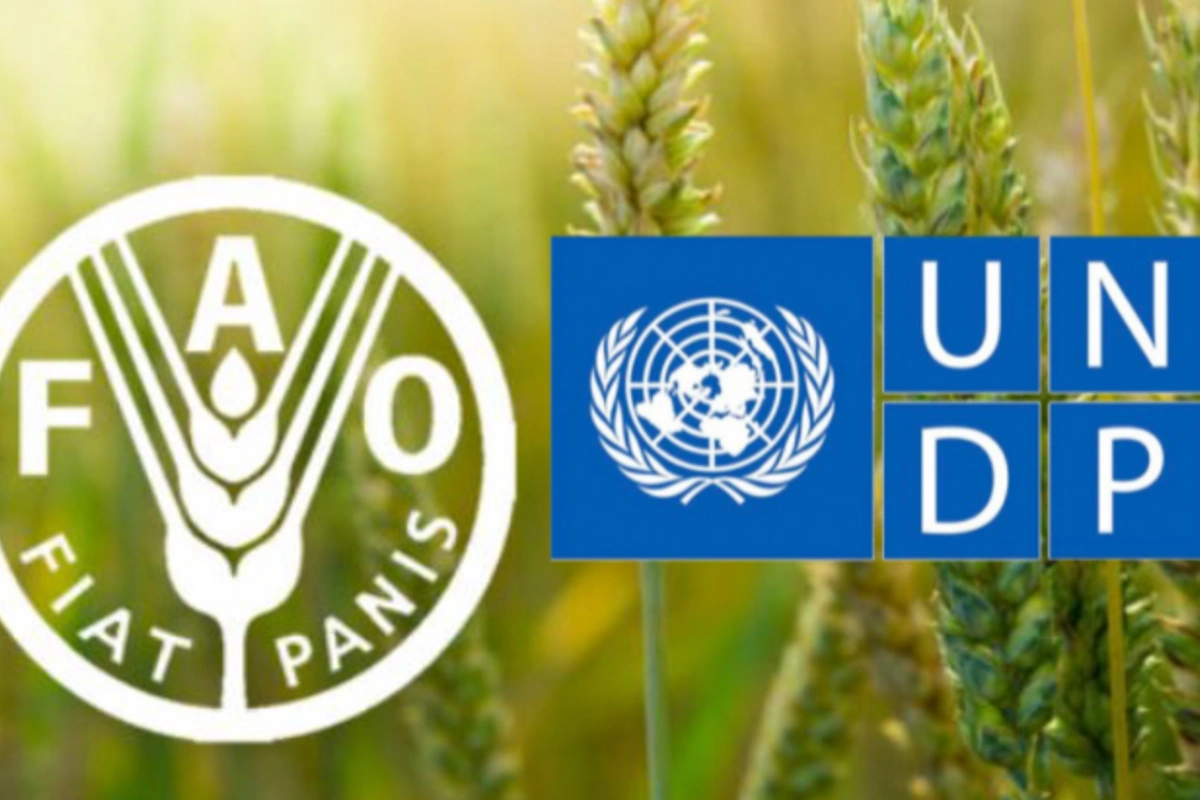
Photo: Shutterstock
The Food and Agriculture Organization of the United Nations (FAO), in collaboration with UNDP, is implementing a joint project in 2024 titled "Building Knowledge and Skills of Local Partners and Communities to Address Environmental Insecurities through Innovative Air, Land, and Water Management Solutions in the Aral Sea Region."
The Caspian Post, citing Uzbek media, reports that the project is funded by the Multi-Partner Human Security Trust Fund for the Aral Sea Region in Uzbekistan (MPHSTF) and has three key objectives:
- Participatory ecosystem restoration to enhance community-based tugai and desert pasture ecosystems management (UNDP and FAO);
- Adopting new approaches in water purification, afforestation, and soil stabilization in the Region (UNDP and FAO);
- Promoting integrated air, water, and soil quality monitoring systems to facilitate regulatory practices in the Region (UNDP and FAO).
As part of this project, an assessment of the ecosystem in Muynak, Kongirot, and Takhtakopir districts will be conducted, with efforts to enhance the local population’s knowledge and skills in ecosystem protection, establish green spaces and nurseries, and ensure active participation of local communities.
Furthermore, an agreement was signed between FAO and the Turkish Chamber of Forest Engineers (OMO) on 1st August 2024 to develop “the Ecosystem Restoration Guidelines for the Aral Sea Region: Integrating UN Decade, FAO Solutions, and Native Tree Species Conservation”.
To that end, Ismail Belen, a representative of the Turkish Chamber of Forest Engineers, visited Uzbekistan to assess the region’s ecological conditions. During the visit, he met with representatives from various ministries and organizations. Notably, discussions held at the Ministry of Ecology, Environmental Protection and Climate Change of the Republic of Uzbekistan, the FAO Office in Uzbekistan, the Multi-Partner Trust Fund for the Aral Sea Region, and the UNDP Office in Uzbekistan focused on improving the living conditions of the population in the Aral Bay area, which has been severely affected by the ongoing environmental disaster. The discussions emphasized the need for comprehensive solutions addressing food security, healthcare, and income generation for local populations, utilizing modern technological approaches. It was highlighted that the future ecosystem restoration guidelines for the Aral Sea region will incorporate climate change considerations.
Share on social media